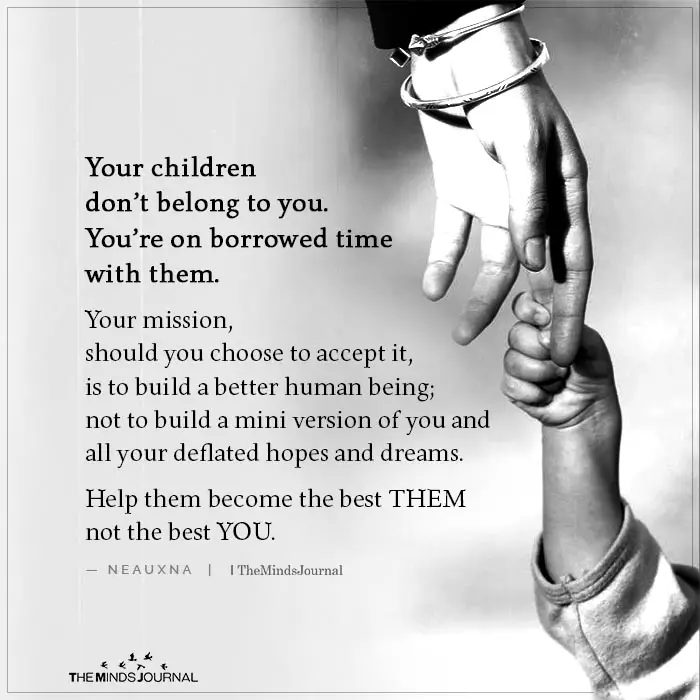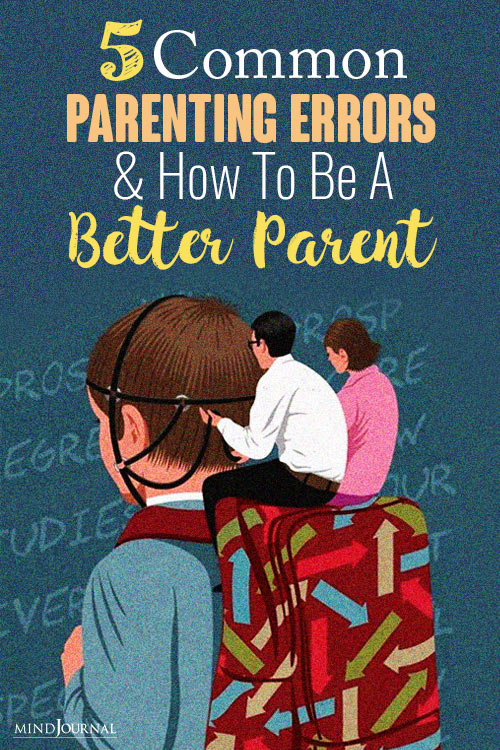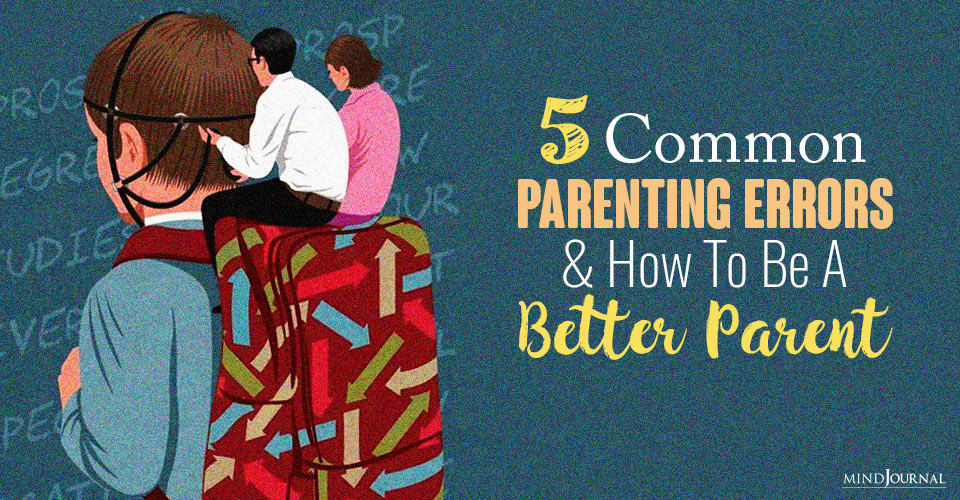I first met psychotherapist Liza Kramer when I was giving a workshop on therapist techniques. Very quickly, I saw signs that said to me, “This is someone who genuinely helps her clients.” Soon after, I saw that Liza also would be giving a workshop for therapists. Hers was entitled, “How to Be the Dumbest Person in the Room.” That title intrigued me.
This post shares what I learned subsequently from interviewing Liza. Happily, Liza’s techniques for therapy with teenagers can be equally effective when a mom or dad uses them as parenting techniques.
Related: Teen Proofing Your Child: 11 Tips For Parents
5 Parenting Errors and Tips for More Effective Parenting
Error #1: Make it clear to your teenagers that you are the boss. You know what’s best for them. (“Do what I say! Do it now!”)
Tip: Be the dumbest one in the room.
Instead of telling your teen what to do, ask questions. Good questions generally begin with “How” or “What.” “How did you feel when …” “What do you think about … ?” “What might happen if instead of doing X you tried Y?” “What might be another option that would work better for you?”
Then, in response to the teenager’s answers, always start by agreeing. “Yes … I can see your point. It makes sense that …” or “I agree that …”
If in fact, you disagree, pause before you respond. Pause to give yourself time to think. Then start by responding with something you can agree with in what you heard. “Yes, it makes sense to me that you want to … because …”
Then beware. Be sure to add your alternative perspective with “… and at the same time …”
If you respond instead with but, you lose. Why? But deletes whatever came before. But replaces what your teenager said with your perspective. That’s the opposite of being “the dumbest person in the room.”
Error #2: Be on the lookout for all the problematic, dumb, and irritating actions teens do and then be sure to point them out. (“Look, you left your clothes all over the floor again!”)
Tip: Notice which eye you use when you look at your teenager.
Are you using the bad eye, the eye that looks for what’s wrong with what your teen does? Or are you on the lookout with your good eye for what the teen does that is good? “I saw you helping your little brother today with his homework and I was so impressed with how patiently you explained the work to him.”
This good-eye strategy works because you’ll get more of whatever you focus on. Focus on the teens’ mistakes and you’ll get more of them. Use your good eye and focus on what you see — you’ll get more of the good.
What if your bad eye still keeps focusing on your teenager’s problematic behaviors? Initiate problem-solving instead of criticism. Start by asking questions. “What kind of system could you set up so your clothes go somewhere other than on the floor?”
If the teenager draws a blank, at that point you could venture some hypothetical solutions. “I wonder what might be different for you if you built a habit of undressing next to your closet so you could drop clothes into the laundry basket there as you take them off?”
Or even better, “I found this laundry basket today in the basement. How about if you put it in the far corner of your room, then use it like a basketball net to toss your clothes in instead of dropping them on the floor?”
Related: 25 Signs of A Controlling Parent And How To Cope With Them
Error #3: Put pressure on your teen to do or become this or that.
Tip: Own your dreams. Do unto yourself what you are asking your teenager to do or become.
“When I was your age, I was very worried about getting into a good college, so I made a priority of studying. It paid off for me. I loved the college I went to, and that degree led to unbelievable career alternatives.”
Or, “When I see you turning in homework assignments late, and sometimes not at all, I get scared. I used to do that. As a result, I didn’t get strong teacher recommendations and then didn’t get into any of the colleges that were my top choices.
That’s why I encourage you to develop good homework habits. I want to help you to learn from my mistakes. I’m still learning from them. I try, for instance, to be sure at work that when I take on an assignment or tell someone I will do something, that I do it and ASAP …”

Error #4. Berate your teenager for the foolish, irresponsible, and other problematic things s/he has done. Add negative labeling like “dumb” or “stupid.” Top it off with punishment—take away the phone, weekend privileges, etc.
Tip: Mistakes are for learning.
When your teen messes up, skip the criticism, anger, and punishment. Stay away especially from any negative labeling, Instead, remind yourself and also your teen, again and again, that mistakes are for learning.
“Alas, Julie, that was a big mistake. I guess that mistake means you are human. All humans make mistakes. What’s important is to remember that mistakes are for learning. What have you learned from that one? What could you do differently in the future?”
Related: 10 Simple Steps to Stop Toxic Parenting
Error #5: You keep telling your teenager “No” or “Don’t do that.” (“Don’t make so much noise. Don’t tease your brother. You can’t do that. You are not allowed to do that. You shouldn’t …”)
Tip: Replace no’s and don’ts with requests. Or engage in shared problem-solving.
“I’m trying to take a nap. Could you play outside instead of playing the music so loud in your room? Or use your earphones?”
Or, “I see that you are hurting your brother’s feelings by teasing him. How come you have been teasing him lately? If you look at it in the best possible light, what has it been meant to accomplish? [Best possible light is a technique you can use for all kinds of bad behavior.] Maybe you can find a better way to accomplish what teasing has been meant to do, a way that works better for both of you.”
How would you have reacted if your parents had used these techniques with you when you were a teenager?
No doubt, minimizing the power plays and maximizing the respectful talking together do make for a positive parent-teen relationship. At the same time, while scripts of “ways to talk” can be helpful, parents also sometimes find that a less skillful dialogue with their teen, while riskier, occasionally still can be effective.
Teens have a way of sniffing out “parenting techniques” that don’t feel real or genuine. Occasionally handling a situation in a heartfelt yet messy and all-too-imperfect way can give room for kids to also be ok with sometimes getting it so very wrong. Just be sure afterward to apologize to your teen. Mistakes are for learning.
Maybe you were fortunate enough to have had parents who used these positive ways of nurturing, shaping, and encouraging a teenager toward habits that prepare kids for success in their adult lives. If so, great; these techniques will feel natural and easy for you. If not—now is an ideal time to learn.
Related: 8 Helpful Strategies for Dealing With Your Teenager
For more skills for keeping all of your family connections warm, loving, and strong, check out my Power of Two book, workbook, and interactive website.
Written By Susan Heitler Originally Appeared On Psychology Today









Leave a Reply
You must be logged in to post a comment.